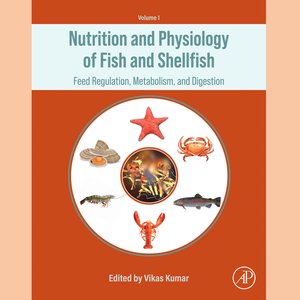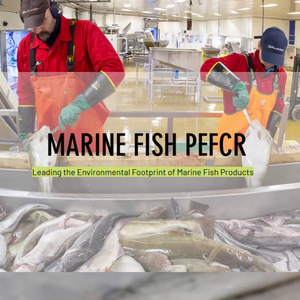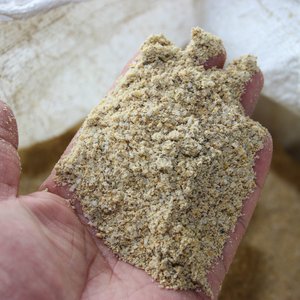An international fellowship has given Dr Brett Glencross the opportunity to assess the nutritional needs of Atlantic salmon, with results that are significant for the salmon industry in Australia.
Dr Brett Glencross arrived home from his OECD Cooperative Research Programme Fellowship with new insight into salmon nutrition. Last year he spent six months in Scotland at the Institute of Aquaculture at the University of Stirling, testing different salmon feed formulations.
Brett made major advances in the understanding of salmon nutritional requirements, including the good news that DHA is able to satisfy the nutritional needs of Atlantic salmon, without the need for other long-chain omega-3 fatty acids.
“Atlantic salmon need omega-3 fatty acids in their diet for their own health,” said Brett. “Omega-3s are also important for human health, and their meat is generally regarded as one of the best sources of these fats in our diet.”
Long-chain omega-3 fatty acids including DHA and EPA are produced by marine algae, and passed up the food chain to predatory fish like wild salmon. Atlantic salmon grown in aquaculture receive a mix of different long-chain omega-3s, usually a balance of DHA and EPA from fish oil included in their feed.
Brett measured how much the fish ate, their health and growth. He tested their blood, liver and meat for omega-3s as well as health indicators. He also measured the gene expression in their livers (where these fats are metabolized) in response to those feeds.
“The feeding trials showed that Atlantic salmon can handle a diet containing DHA on its own without other long-chain omega-3s like EPA,” Brett explained.
“This was actually somewhat different to what we had seen in other species, like barramundi, which appear to need both EPA and DHA for optimal health.”
[Source: CSIRO Food Futures Update Newsletter. Read full story]







